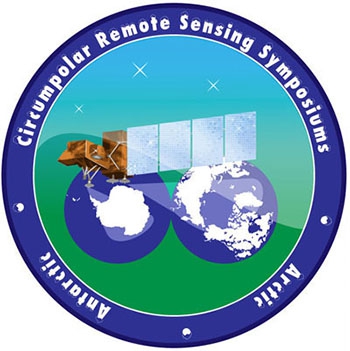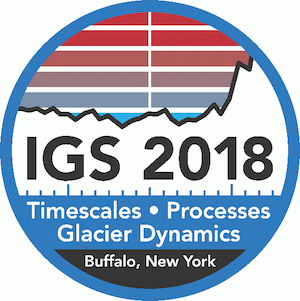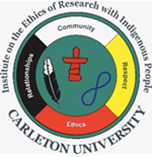Empowering Arctic Indigenous Scholars and Making Connections: Perspectives from Rosemary Ahtuangaruak of Nuiqsut, Alaska and Theresa Arevgaq John of Nelson Island, Alaska
1201 New York Avenue, NW Washington D.C. and online
Arctic Indigenous Scholars Seminar
Date/Time: Wednesday, 23 May from 12:00-1:30 p.m. ET
Speakers: Rosemary Ahtuangaruak & Theresa Arevgaq John
Seminar Title: "Empowering Arctic Indigenous Scholars and Making Connections: Perspectives from Rosemary Ahtuangaruak of Nuiqsut, Alaska and Theresa Arevgaq John of Nelson Island, Alaska"
To register for the event, go to: https://www.arcus.org/research-seminar-series
The Arctic Research Consortium of the U.S. (ARCUS) and Inuit Circumpolar Council Alaska will host a joint seminar by Rosemary Ahtuangaruak and Theresa Arevgaq John as part of the 2018 Arctic Indigenous Scholars program. The event will be held in the ARCUS D.C. office at 1201 New York Avenue, NW Washington D.C. on Wednesday, 23 May 2018 from 12:00-1:30 p.m. ET. This seminar will also be available as a webinar live-stream for those unable to attend in person.
Registration is required for this event. To register, please visit: https://www.arcus.org/research-seminar-series
The Empowering Arctic Indigenous Scholars and Making Connections program creates a space for Indigenous scholars to educate and inform policy- and decision-makers engaged in Arctic Issues while visiting Washington, D.C. and provides a platform for traditional knowledge holders to share their expertise with the wider Arctic research community.
This joint Arctic research seminar & webinar will feature presentations by each of the 2018 Arctic Indigenous Scholars:
Rosemary Ahtuangaruak is an Inupiaq activist. She is a graduate of the University of Washington Medex Northwest Physician Assistant Program. She has fought tirelessly for the health and protection of her people and of the Arctic’s unparalleled wilderness that has sustained her culture for thousands of years. Rosemary is a former mayor of Nuiqsut and currently serves on the board of the Inupiat Community of the Arctic Slope, the regional tribal government for the North Slope, and is an executive council member of the Alaska Inter–Tribal Council. She received the 2009 Voice of the Wild Award from the Alaska Wilderness League. She is a founding board member of REDOIL (Resisting Environmental Destruction on Indigenous Lands).
Theresa Arevgaq John is an Associate Professor in the Department of Cross-cultural Studies at the University of Alaska Fairbanks. She has authored numerous academic articles and a co-author of a book Yupiit Yuraryarait: Yup’ik Ways of Dancing and has presented her work at dozens of local, national, and international professional conferences. Dr. John currently serves on the National Advisory Council on Indian Education and the International Indigenous Women’s Forum. She is a former member of the Alaskan State Council Arts and the former Chair of the Traditional Native Arts Panel. She is also the recipient of the Governor's Distinguished Humanities Educator Award and Alaska State Library Award. Dr. John received her B.S., M.Ed., and Ph.D. from the University of Alaska Fairbanks.
This 1.5 hour event is a brown-bag lunch that will be held in the ARCUS D.C. office (1201 New York Avenue, NW Washington D.C. Fourth Floor). Cookies and beverages will be provided.
A live webinar is also available to those unable to attend in person. Instructions for accessing the event online will be sent to “Webinar Only” registrants.
For those of you on Twitter, we also invite you to join us in live-tweeting the event using the hashtag #ARCUSwebinar.
To register for the event, go to:
https://www.arcus.org/research-seminar-series.
For more information about the Arctic Indigenous Scholars program, go to:
https://www.arcus.org/indigenous-scholars
For questions about the Arctic Indigenous Scholars Program, contact:
Lisa Sheffield Guy: lisa [at] arcus.org
For questions about the Arctic Research Seminar Series, contact:
Brit Myers: brit [at] arcus.org



